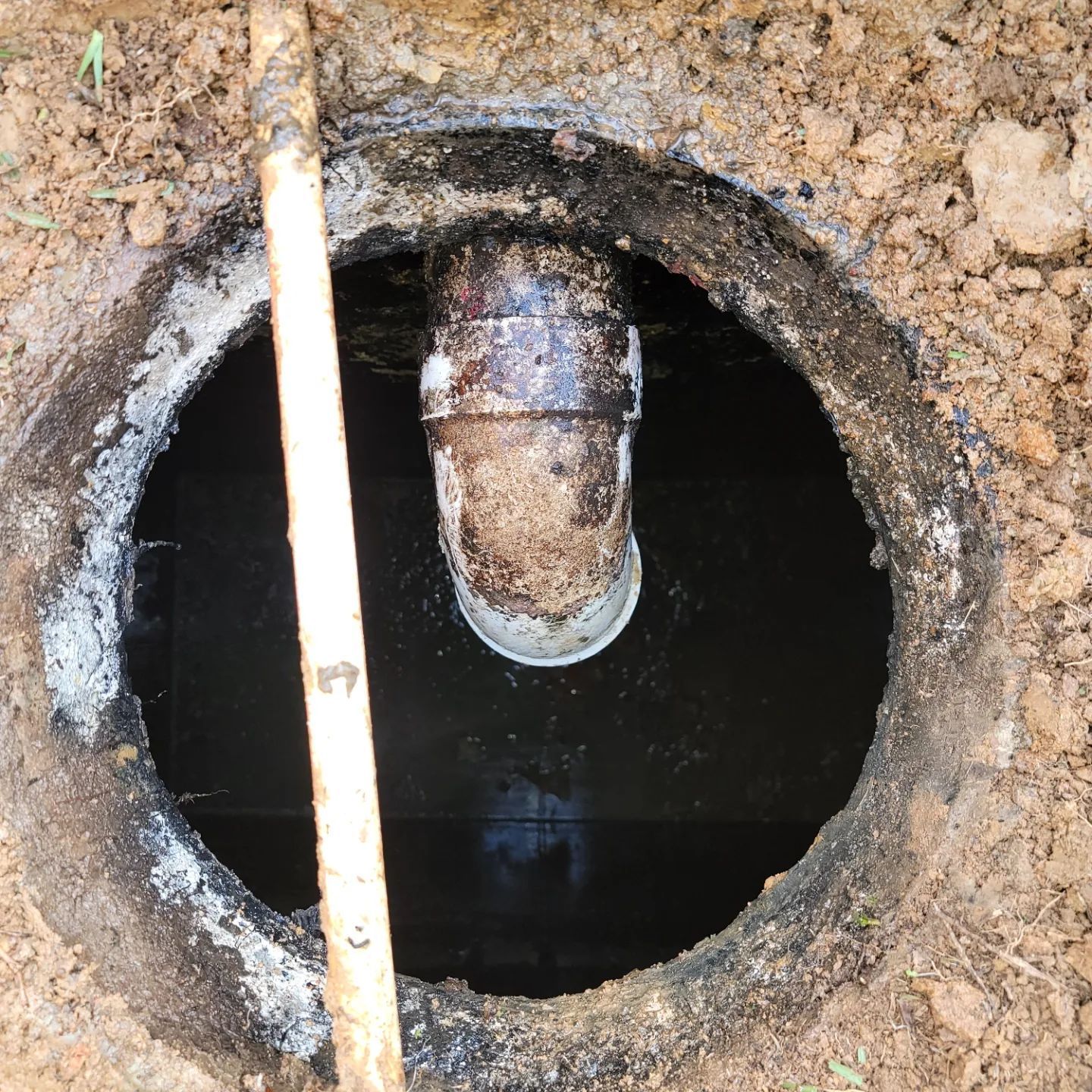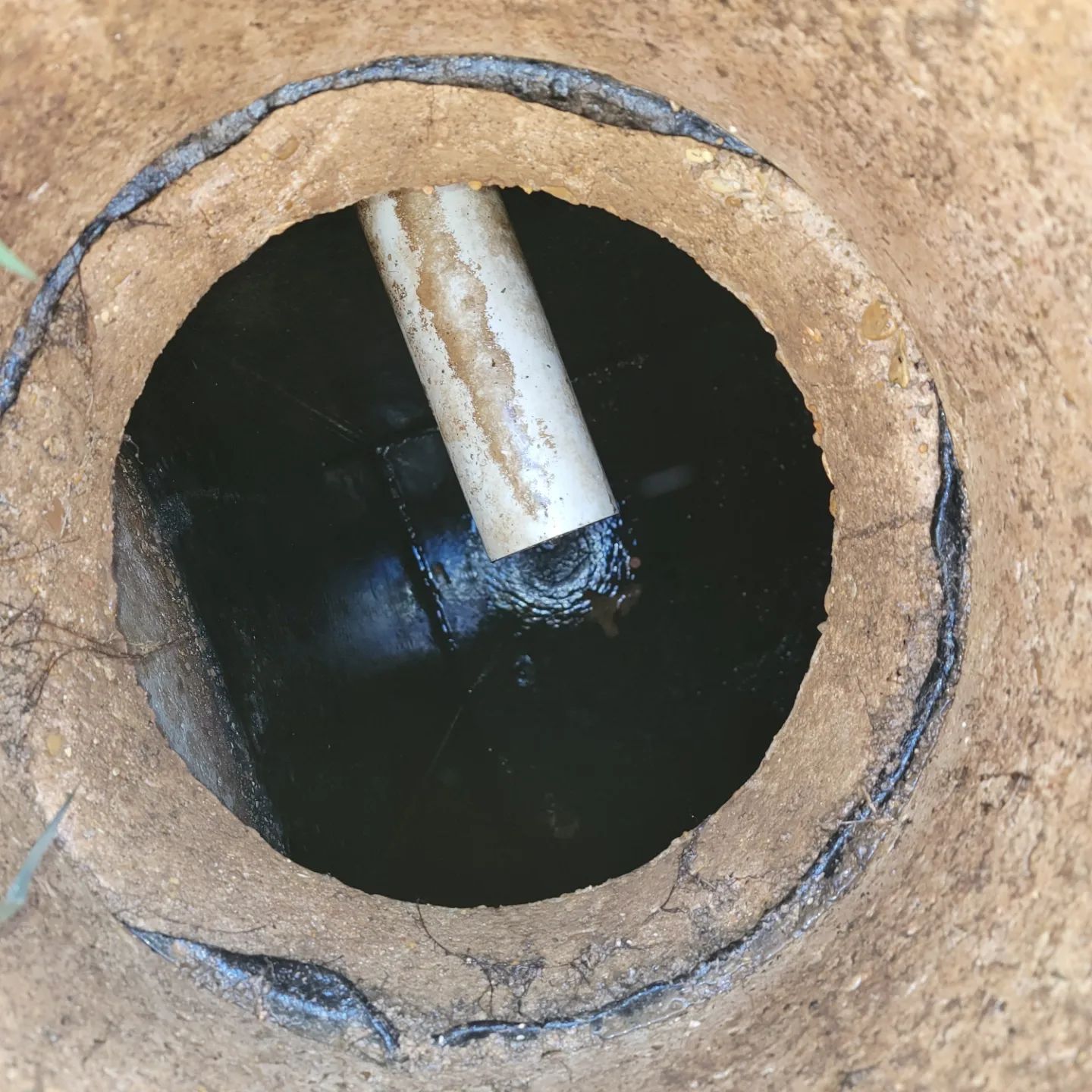The Importance of Professional Septic Tank Installation in Oxford, MS

Introduction:
Septic tanks are crucial in managing wastewater in areas without access to a centralized sewer system. Professional septic tank installation is paramount for residents in Oxford, MS. A properly installed septic system ensures efficient wastewater treatment, protects the environment, and safeguards public health. This blog will explore the significance of professional septic tank installation in Oxford, MS, and how it benefits homeowners and the community.
1. Compliance with Regulations:
Professional septic tank installation in Oxford, MS, ensures compliance with local regulations and building codes. A licensed installer will deeply understand the specific requirements and guidelines set forth by the authorities. Adhering to these regulations, homeowners avoid potential legal issues, fines, or penalties associated with improper installations. Additionally, compliance ensures that the septic system operates efficiently and safely.
2. Optimal Functioning:
A properly installed septic tank system functions optimally, efficiently processing and treating wastewater. Professional installers are trained to determine the appropriate size and location for the septic tank based on the property's soil composition, water table, and other site-specific factors. By considering these variables, professionals ensure that the septic system can adequately handle the household's wastewater volume and avoid overloading or backups.
3. Longevity and Durability:
Professional installation significantly enhances the longevity and durability of the septic tank system. Skilled installers employ industry best practices, using high-quality materials and equipment during installation. Properly installed tanks are less likely to experience structural issues, such as leaks or collapses, which can result in costly repairs or replacements. Investing in professional installation upfront can save homeowners from significant expenses in the future.

4. Protection of Groundwater and Environment:
One of the primary functions of a septic tank is to treat wastewater and prevent harmful contaminants from entering the environment. A professional installation ensures the septic system is properly sealed, preventing leaks or seepage of untreated wastewater into the soil or nearby water bodies. By safeguarding groundwater quality and protecting the environment, professional installation contributes to the overall ecological well-being of Oxford, MS.
5. Health and Safety:
Improperly installed septic tanks can pose health risks to homeowners and the community. A professional installer will take all necessary precautions to ensure the septic system is correctly designed and installed, minimizing potential health hazards. By preventing the release of untreated sewage or foul odors, professional installation protects residents from waterborne diseases and maintains a healthy living environment.
6. Expert Maintenance and Repairs:
Professional installers often provide ongoing maintenance and repair services, ensuring the longevity and efficiency of the septic system. Regular inspections, pumping, and maintenance are vital for the smooth operation of the septic tank. Homeowners can benefit from their expertise and experience by relying on professionals, preventing potential issues, and extending the system's life.
Conclusion:
Professional septic tank installation is crucial for homeowners in Oxford, MS, to ensure compliance with regulations, optimal functioning, longevity, and protection of the environment and public health. By investing in professional installation, homeowners can avoid costly repairs, promote sustainable wastewater management, and contribute to a healthier, safer community. It is essential to engage licensed professionals who possess the necessary knowledge and expertise in septic system installation to enjoy these benefits in the long run.


